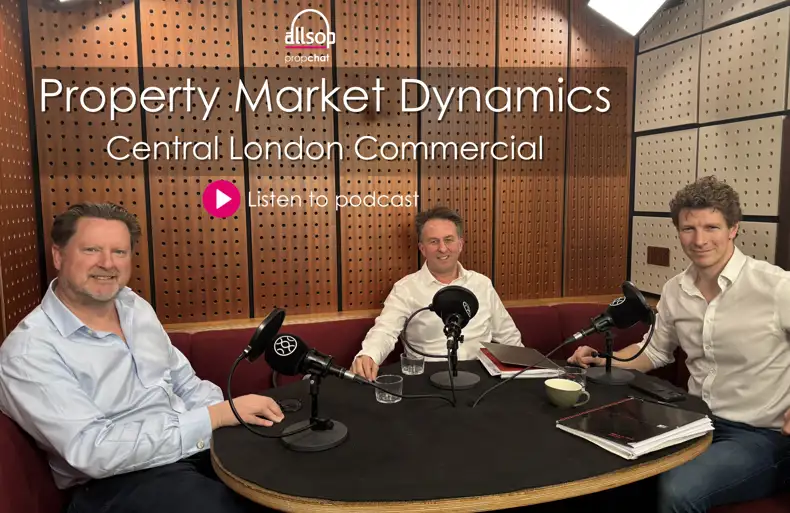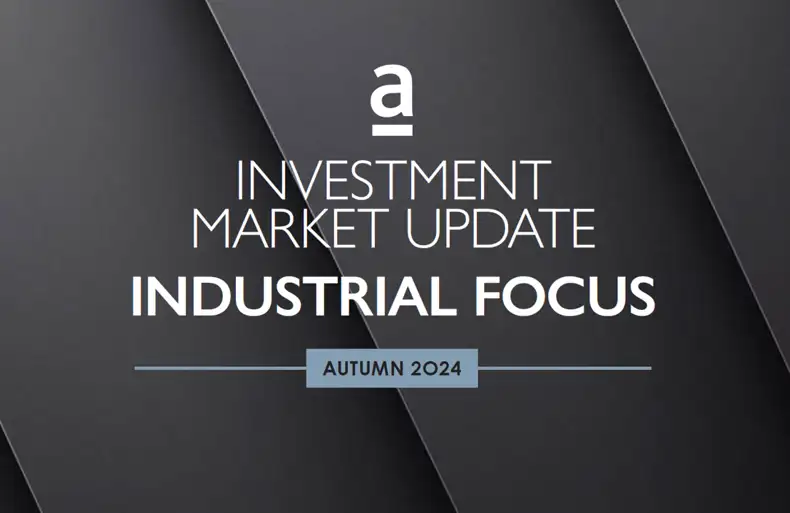What’s it like to live in Hong Kong?
It’s fair to say that I have a biased view: I am Hong Kong born, and despite stints in a few other Asian cities and a British education, I have always considered it home. Most people think we live in a concrete jungle but the truth is, 86% of all land is a country park, while the beaches with stunning clear water are only 20 minutes away, so we have the benefit of the city hustle with a great playground on our doorstep.
The key question for Hong Kong right now is that of stability. Since 2015, when the Umbrella Movement started, we’ve seen China introduce national security laws aimed at curtailing opposition to the Communist Party, which was followed by arrests and a flurry of negative headlines across the world.
However, contrary to what’s been reported, we still enjoy a very free lifestyle.
How has Hong Kong differed from the UK over the course of the pandemic and what has the market been like?
Hong Kong went into lockdown much earlier than other places around the world and enforced strict international travel and quarantine rules. Although its mandatory hotel quarantine lasted longer than expected, thanks to this measure we now have fewer than 10 daily cases. There’s compulsory testing for anyone who’s been in contact with an infected person, and masks are encouraged in public spaces. As a result, we are now almost back in full swing.
On the commercial real estate side, the key difference between the two markets is the UK government’s interjection, preventing banks from using the foreclosure process to evict non-paying tenants. In Hong Kong, most commercial leases are on three-year tenures, and this has meant most landlords have been reasonable in offering free or reduced rents, or tenants have vacated.
Retail, restaurants and cafés have taken a large hit and subsequently, a number of well-known restaurants have permanently closed. Whilst values for these assets have dropped, we are seeing interest from new tenants and anticipate a jump in activity as a surge in spending is predicted to happen.
The office sector is probably the most concerning. The trend whereby large occupiers are choosing to downsize, combined with a large amount of new supply coming on to the market does not paint a pretty picture. Rents were off 25% in the CBD in 2020 and are expected to drop a further 15-20% as landlords continue to compete for a limited pool of tenants.
The residential sector, similarly to the UK, has held well, with small growth in values. Second-hand apartment prices have seen a drop of 5-10%, as hotels have been offering exceptionally good two-year rates for their superior duplex suites.
How much Hong Kong investment should the UK be expecting?
The outbound capital remains at exceptional levels, with a potential £21Bnworth of investment into the UK, based on an internal survey of our regional investors. We do expect to see a slight drop in the transaction volumes compared to last year, just shy of £6Bn. The first half of the year is likely to be relatively quiet due to uncertainty, while the second half is projected to be very busy.
Historically, the majority of interest has been focused on London offices, and this is most likely to continue, however we have forecasted more interest to regional assets such as warehouses, business parks and prime residential income. Prime hotels also continue to be of interest but there is a large bid-ask difference.
Where in Asia will the capital be coming from?
Hong Kong and Singapore will be the lead investors this year and while there are capital restrictions in mainland China, these may be lifted and we are keeping our eye on that. Interest from the Japanese is also likely, through indirect routes such as funds or listed entities looking for regional logistics and business parks.
We expect the Thai, Indonesian and Malaysian investors to be more likely to repatriate cash and take advantage of local markets.

What trends and challenges in investment are you noticing?
The key is security and quality of tenant covenant as the capital is weighted to strategies enabling wealth preservation. There is demand in the UK for bigger assets with larger tenants and thus better covenants, with longer WAULTs with a minimum of seven years. We are seeing strong demand for prime developments and are working on some joint ventures with a number of UK developers to bring new opportunities to the market.
The biggest challenge right now is investors from the Far East are expecting price drops and bargains; the bid-ask difference is apparent already. I would also suggest the ongoing travel restrictions will limit deal flow until quarantine is lifted at both ends, which could carry on until Q3 this year.
How have the last 12 months changed the way the industry works?
We had never had five or more business calls over video conferencing per day, that’s for sure. Despite having to embrace technology as our main way of communicating, we have come to be more reliant on the local team to complete unbiased underwriting to support transactions.
From the capital markets perspective, we have needed to have more up-to-date data as the markets remain unsettled, particularly when it comes to leasing activity, demand, vacancies etc.
While virtual tours are highly sophisticated, they’re not the same as an in-person visit, and it’s often difficult to showcase the surrounding location when conducting viewings online.
Does London still hold its allure?
London is still considered the most favoured destination for offshore property investment due to transparency, land laws and the fact that everyone speaks English. There will be waves of investment depending on the market cycles and other external factors, including currency, the rollout of Brexit and the ongoing pandemic. However, the government’s highly organised vaccine roll-out initiative has been a true testament to the resilience and strength of the UK.




